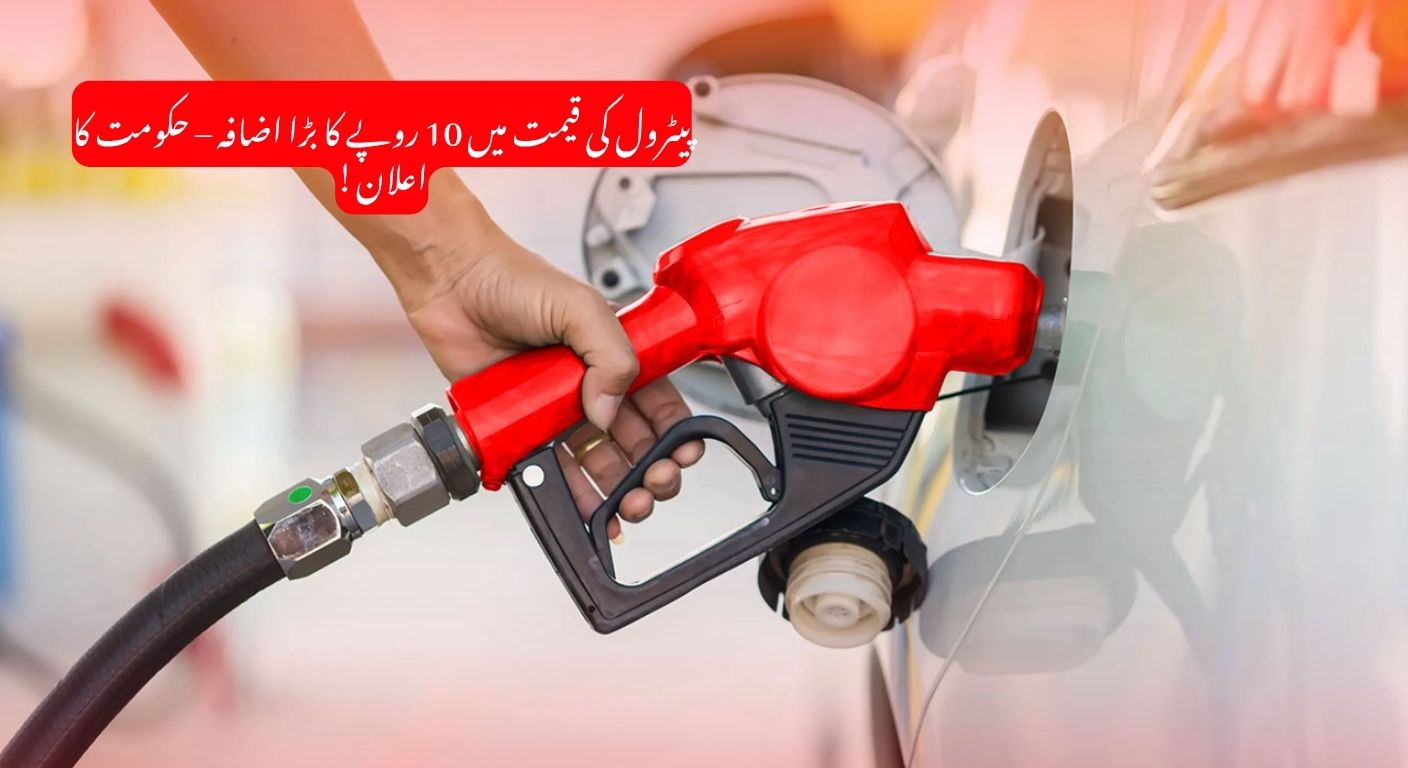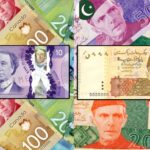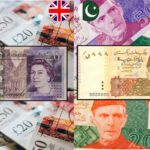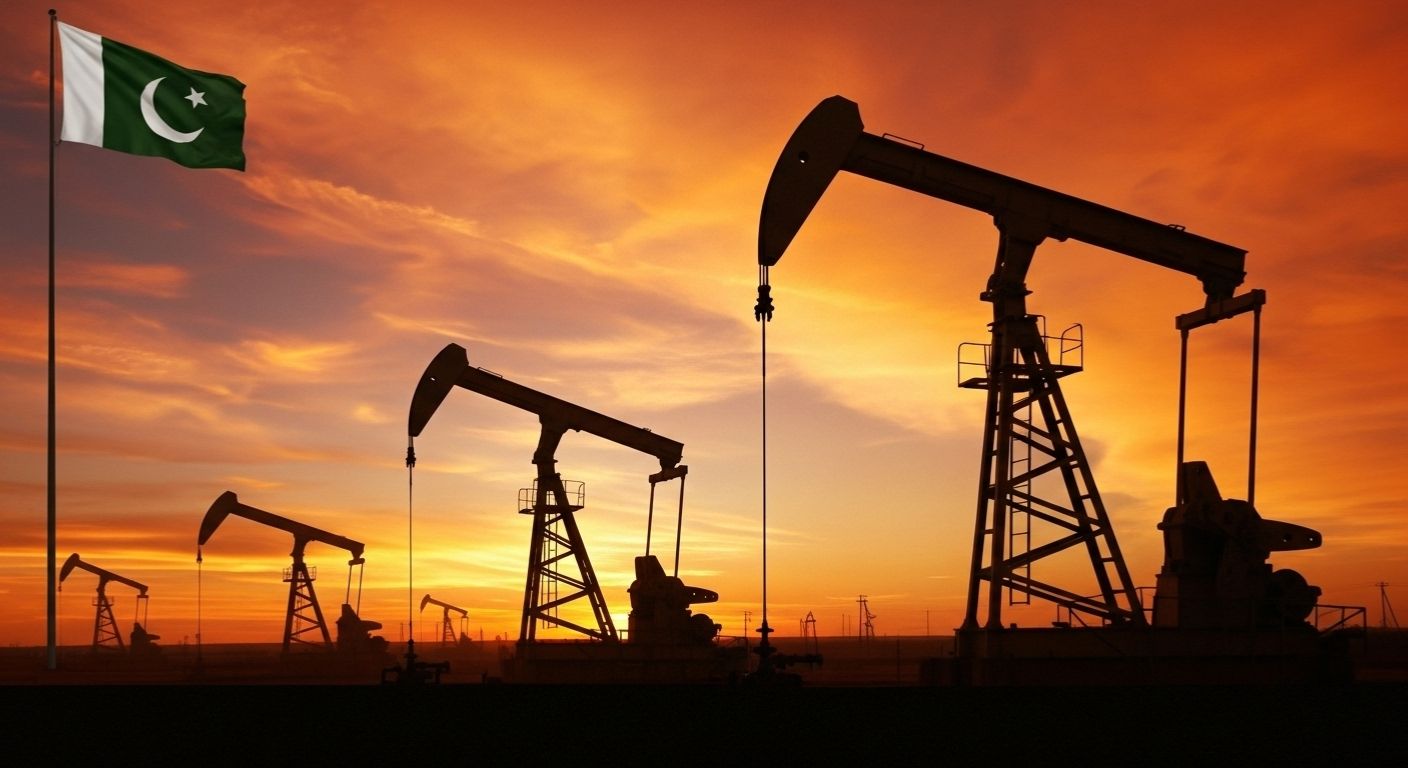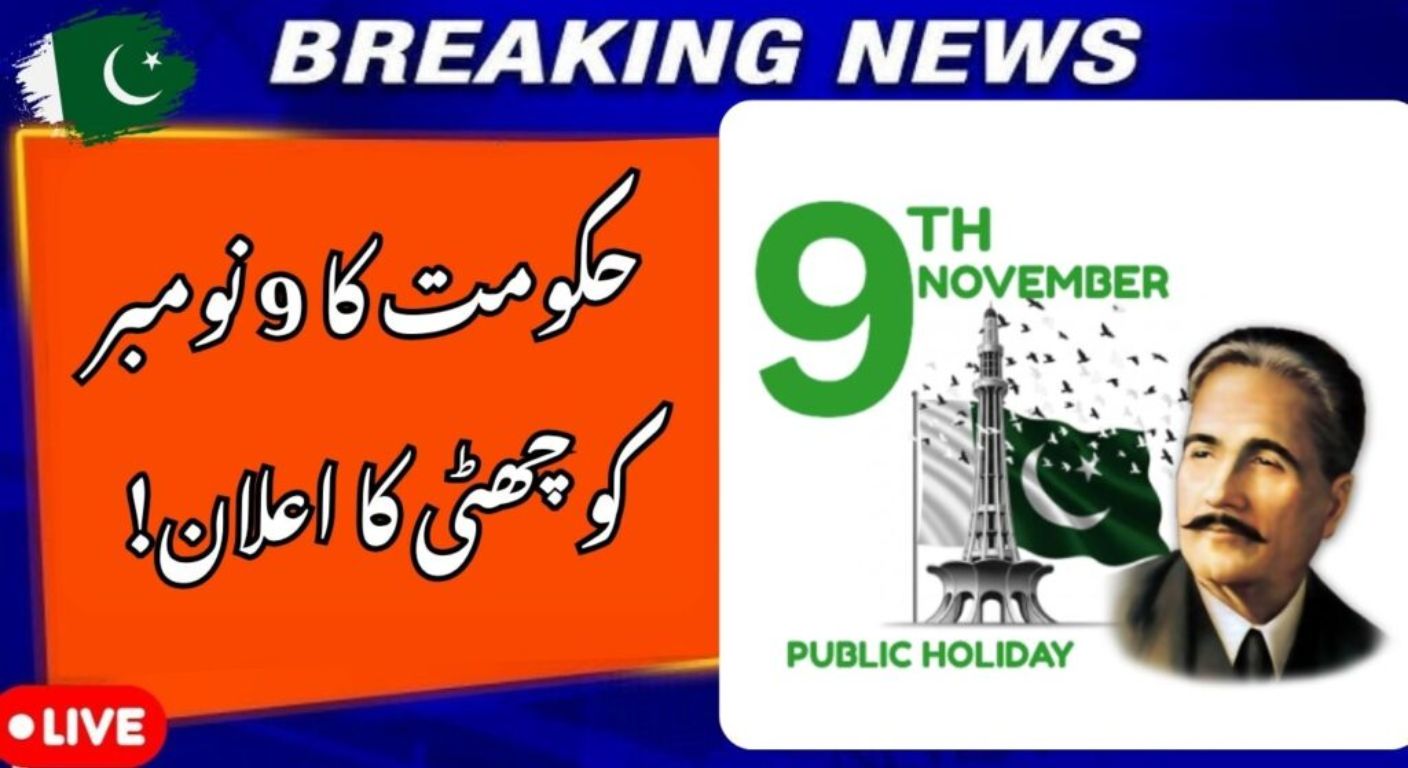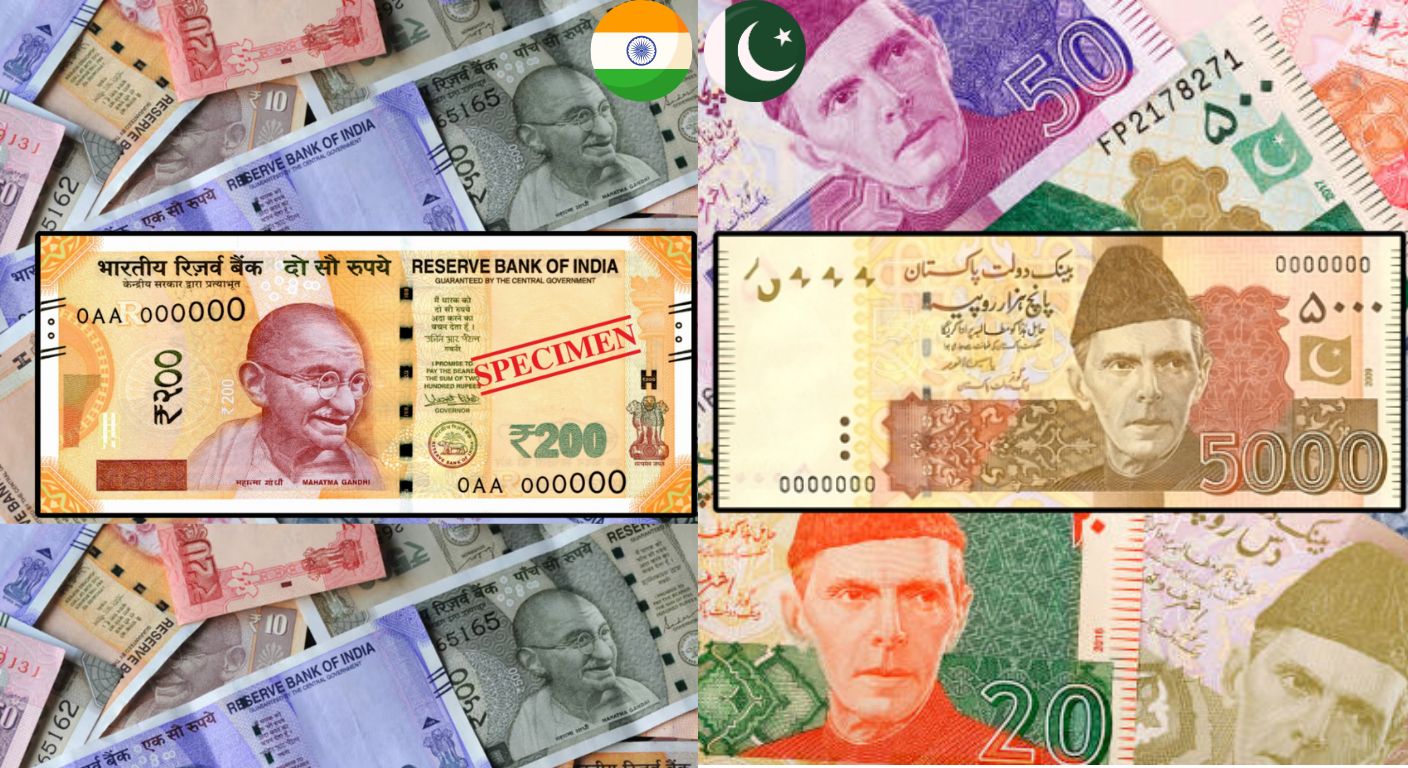Pakistan is once again bracing for a new wave of inflation as the government prepares to increase the prices of petroleum products. According to reports, petrol is expected to rise by Rs 2 per litre, while diesel may go up by Rs 10 per litre. The final decision will be made soon after consultations between the Ministry of Finance and the Oil and Gas Regulatory Authority (OGRA).
Global Market Pressure Behind the Price Hike
Experts say that the continuous increase in global crude oil prices is putting heavy pressure on Pakistan’s economy. The weakening value of the Pakistani rupee against the US dollar has also contributed to the rising costs. Because of these challenges, it has become difficult for the government to maintain fuel prices at a stable level.
If approved, the new petrol price could reach around Rs 267 per litre, while diesel might rise to Rs 288 per litre. Diesel is expected to see a bigger jump because it is widely used in transportation, agriculture, and industry. This will likely push up transport fares and the prices of essential goods across the country.
Public Reaction: Concern and Frustration
Citizens across Pakistan have expressed strong concern over the possible increase in fuel prices. Many people say that every new petrol price announcement brings another blow to their already tight household budgets.
One commuter said, “Our salaries remain the same, but every time petrol goes up, everything else becomes expensive — from vegetables to transport.”
The rising cost of fuel directly affects food prices, transportation charges, and even electricity rates. For many low- and middle-income families, this is becoming an unbearable cycle of inflation.
Government’s View on the Price Adjustment
Government officials maintain that fuel prices are adjusted according to international market trends and the exchange rate. They explained that if global oil prices drop, the benefit will be passed on to the public.
According to economic analysts, the government collects a petroleum levy of around Rs 60 per litre, and a small reduction in this levy could bring some relief to the public. Experts are urging the authorities to review taxation policies to help reduce the burden on ordinary citizens.
Impact on the Economy and Daily Life
The expected increase in petrol and diesel prices will have far-reaching effects on Pakistan’s economy. A rise of even Rs 2 in petrol and Rs 10 in diesel may sound small, but it creates a chain reaction — increasing the cost of transportation, agricultural production, and consumer goods.
As inflation continues to rise, people are hoping that the government will find a way to control frequent fuel price changes. For now, all eyes are on the next official announcement, which could bring another tough test for the public.
